Online Privacy: Best guides to understanding data collection
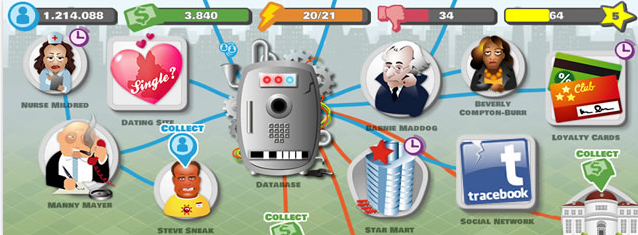
Following the NSA spying scandal, a growing number of people – including journalists – are becoming concerned about their online privacy. However, many people still don’t understand exactly how government agencies and private companies collect and sell data, how this data is transmitted and how they can make their data more private.
DW Akademie has put together a collection of online resources that help make some of the issues around online data collection easier to understand.
![]() read more
read more
12 essential tips for more privacy online
What are the basic steps you need to undertake to be more secure in the digital world?
The Tactical Technology Collective, an organisation dedicated to the use of information in activism, offers useful guides on secure alternatives for standard software for browsing, searching the web, writing emails and chatting. It has also compiled a great collection of tools and tactics for more digital security. “It is important that you understand how you are communicating and inform yourself on secure alternatives,” says Anne Roth, researcher for the Tactical Technology Collective.
Following the interview with Anne Roth in our previous post, here are her essential tips on how journalists can stay secure online and when they are using smartphones and tablets.
![]() read more
read more
Who gathers your data and what you can do about it?
 The revelations of the surveillance program of the US National Security Agency (NSA) has shown that no one is protected from being spied upon. Diplomats, political activists, as well as journalists around the world, are becoming increasingly vulnerable to online surveillance. Anne Roth is a researcher for the NGO Tactical Technology Collective that trains rights advocates how to use information and communications technologies.
The revelations of the surveillance program of the US National Security Agency (NSA) has shown that no one is protected from being spied upon. Diplomats, political activists, as well as journalists around the world, are becoming increasingly vulnerable to online surveillance. Anne Roth is a researcher for the NGO Tactical Technology Collective that trains rights advocates how to use information and communications technologies.
DW Akademie’s Natalia Karbasova spoke to Roth about the biggest risks journalists face online, and about the parties interested in gathering all relevant and irrelevant information: from local authorities to national secret services.
![]() read more
read more
Digital security: The basics to keep you safe online
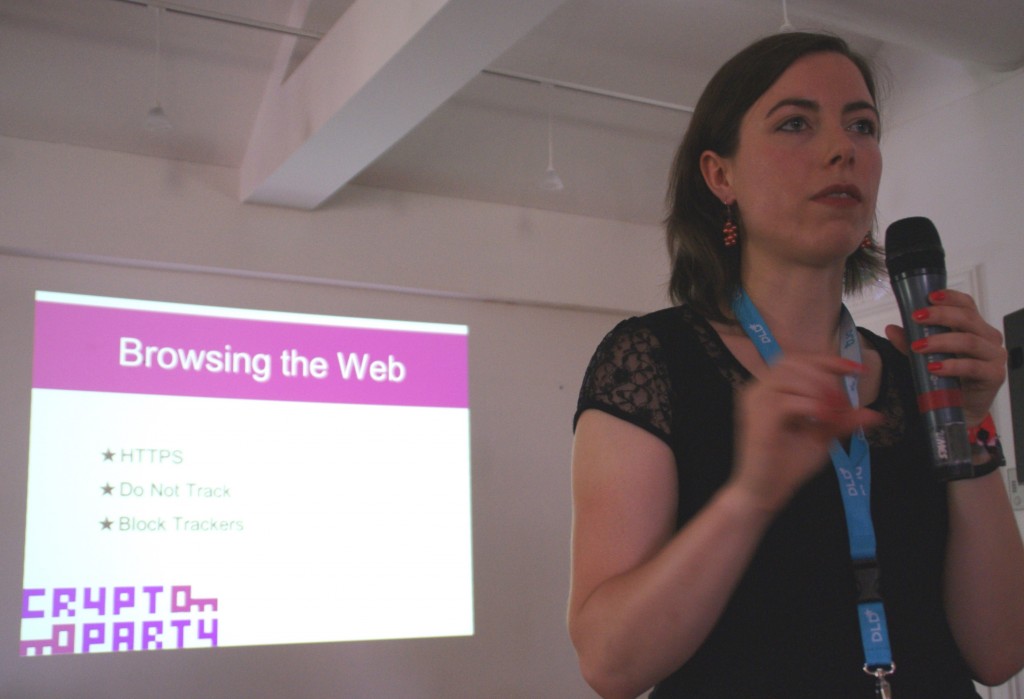 The revelations into the electronic surveillance activities of the US National Security Agency and its Prism system have shown that no one is safe from being spied on. However, journalists can still use some clever tools and open source programs to ensure more security browsing the web, sending emails and communicating with colleagues and sources.
The revelations into the electronic surveillance activities of the US National Security Agency and its Prism system have shown that no one is safe from being spied on. However, journalists can still use some clever tools and open source programs to ensure more security browsing the web, sending emails and communicating with colleagues and sources.
Sandra Mamitzsch of re:publica, Germany’s largest conference on internet and society, offered useful insights on how to start securing your data during her workshop How to keep the NSA out of your Email – a Practical Guide to more Security for your Data at the DLDWomen conference.
“Everything you do online is only as secure as your passwords and your software” says Sandra Mamitzsch. “So use open source wherever possible.”
Here are her best tips:
![]() read more
read more
Online security: How to recover deleted files
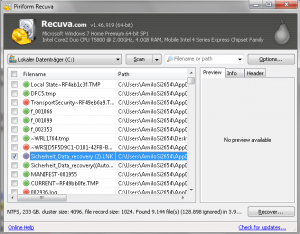 In our previous post on online security, we’ve covered basic tools which will help you securely erase data from you computer, or SSD and USB flash drives. So let’s now take a look at how you can restore your data in case you’ve deleted it by accident. As well as being a good skill to know if you can bring the deleted data back to life it’s also useful to know you find out how effective your efforts were securely delete the data in the first place.
In our previous post on online security, we’ve covered basic tools which will help you securely erase data from you computer, or SSD and USB flash drives. So let’s now take a look at how you can restore your data in case you’ve deleted it by accident. As well as being a good skill to know if you can bring the deleted data back to life it’s also useful to know you find out how effective your efforts were securely delete the data in the first place.
![]() read more
read more
Online security: How to erase your data forever
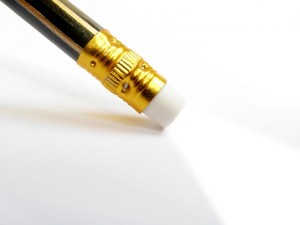 Journalists often have to deal with confidential data. But how can you delete your data such as files, interview records or videos so that no third party can gain access to them?
Journalists often have to deal with confidential data. But how can you delete your data such as files, interview records or videos so that no third party can gain access to them?
Well, it’s not that easy as you might think. Deleting your files and emptying the recycle bin on your computer is clearly not enough. Here are some recommendations on how you can erase data from your computer.
Information leakage can take place anytime. Lending your USB stick to a colleague can put your data at risk. Worse still is attempting to sell your laptop thinking that erasing old files will be enough. And it can turn into a disaster if someone is looking for your data intentionally. In fact, it’s not that difficult to restore the data which had been deleted. It’s not enough to erase your files, empty your recycle bin or format the storage medium such as USB stick. So, let’s see how the deletion process works and what you can do to safely erase your files.
![]() read more
read more
Online security: How to protect your email
In the previous post of our series exploring Online Security we looked at how journalists can surf the web safely and anonymously.
In this post DW Akademie’s Natalia Karbasova asked online security expert Jens Kubieziel for advice on email security for journalists as well as finding out how secure is Google’s Gmail and other established email services.
![]() read more
read more
Online security: How to surf anonymously
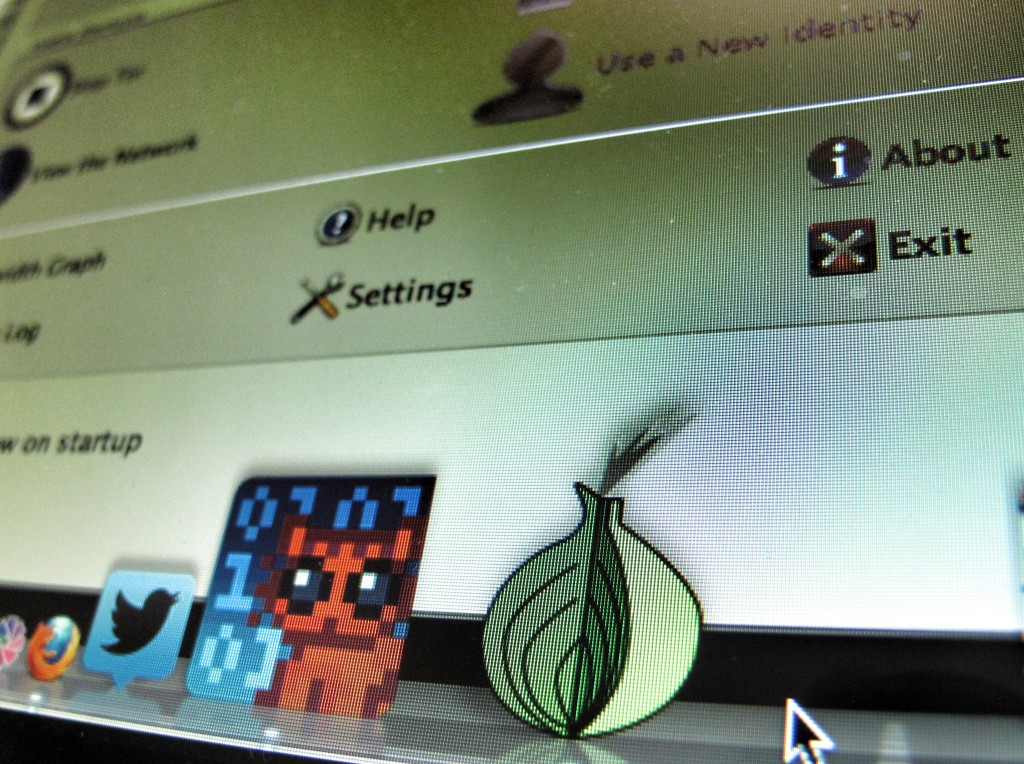
Set Tor up correctly and the little green onion is a sign you are on the way to surfing anonymously. (Photo: Guy Degen)
Whether you are doing investigative journalism, communicating with a trusted source or traveling to a country where authorities are known for electronic eavesdropping, online security is increasingly becoming a must-know skill for journalists.
Jens Kubieziel is security expert and author of the book Anonym im Netz (Anonymous on the web) which offers useful advice for keeping secure on the web, the must-have tools to anonymously surf the web and how proxies can protect your privacy.
DW Akademie’s Natalia Karbasova asked Kubiezel how journalists can surf the web safely, and when necessary, anonymously.
![]() read more
read more
Online security: Best free tools to encrypt your data
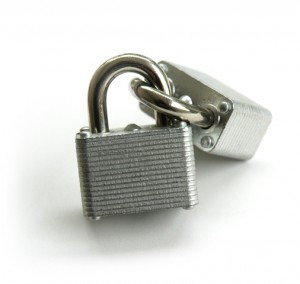 This is a continuation of our series exploring online security. In the previous post, we looked at how to create and manage secure passwords. But what if your password was cracked and third parties gained access to your laptop, PC or USB drive? Don’t panic, the chances are still good that your data is safe – all you need to do is to encrypt and hide it in an invisible folder. In this post, DW Akademie’s Natalia Karbasova provides an overview of free tools to encrypt and hide sensitive data on your devices.
This is a continuation of our series exploring online security. In the previous post, we looked at how to create and manage secure passwords. But what if your password was cracked and third parties gained access to your laptop, PC or USB drive? Don’t panic, the chances are still good that your data is safe – all you need to do is to encrypt and hide it in an invisible folder. In this post, DW Akademie’s Natalia Karbasova provides an overview of free tools to encrypt and hide sensitive data on your devices.
![]() read more
read more
Online security: How to create and manage secure passwords
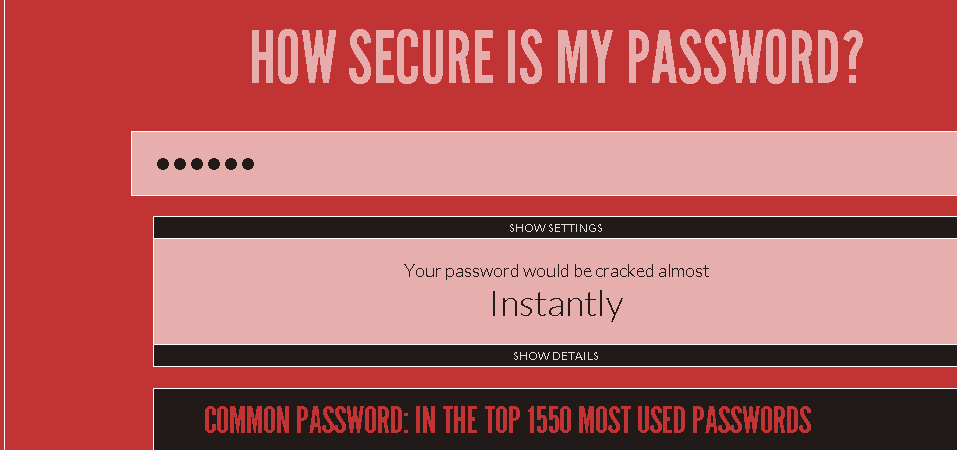 A secure password is one of the first steps towards more digital security. If your password has been cracked, hackers can get access to valuable personal information, steal your money and damage your reputation by distributing harmful content in your name. DW Akademie’s Natalia Karbasova offers some basic rules to help you create secure passwords and checks out selection of tools for password management and security check.
A secure password is one of the first steps towards more digital security. If your password has been cracked, hackers can get access to valuable personal information, steal your money and damage your reputation by distributing harmful content in your name. DW Akademie’s Natalia Karbasova offers some basic rules to help you create secure passwords and checks out selection of tools for password management and security check.
![]() read more
read more




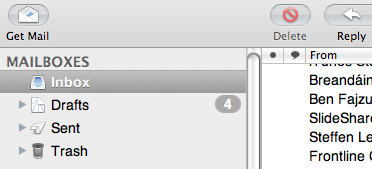




Feedback